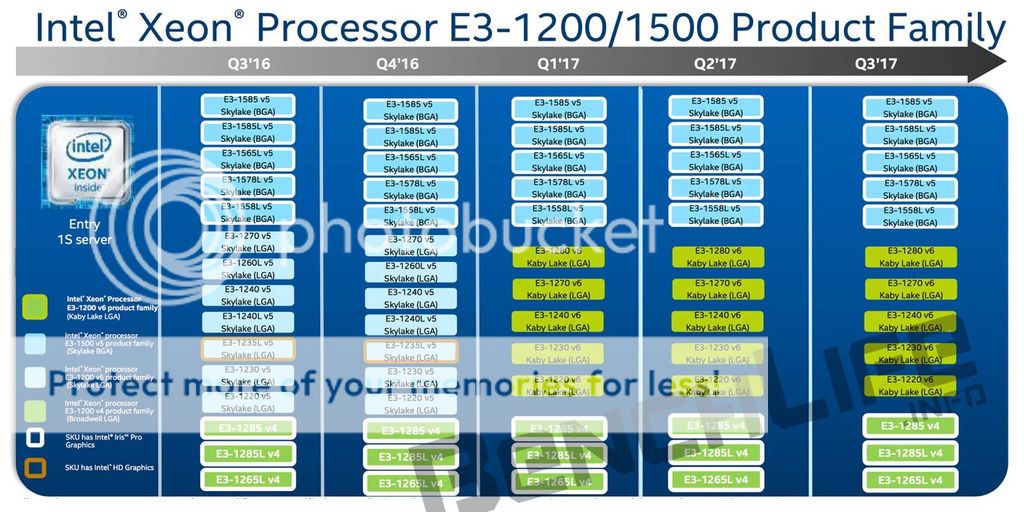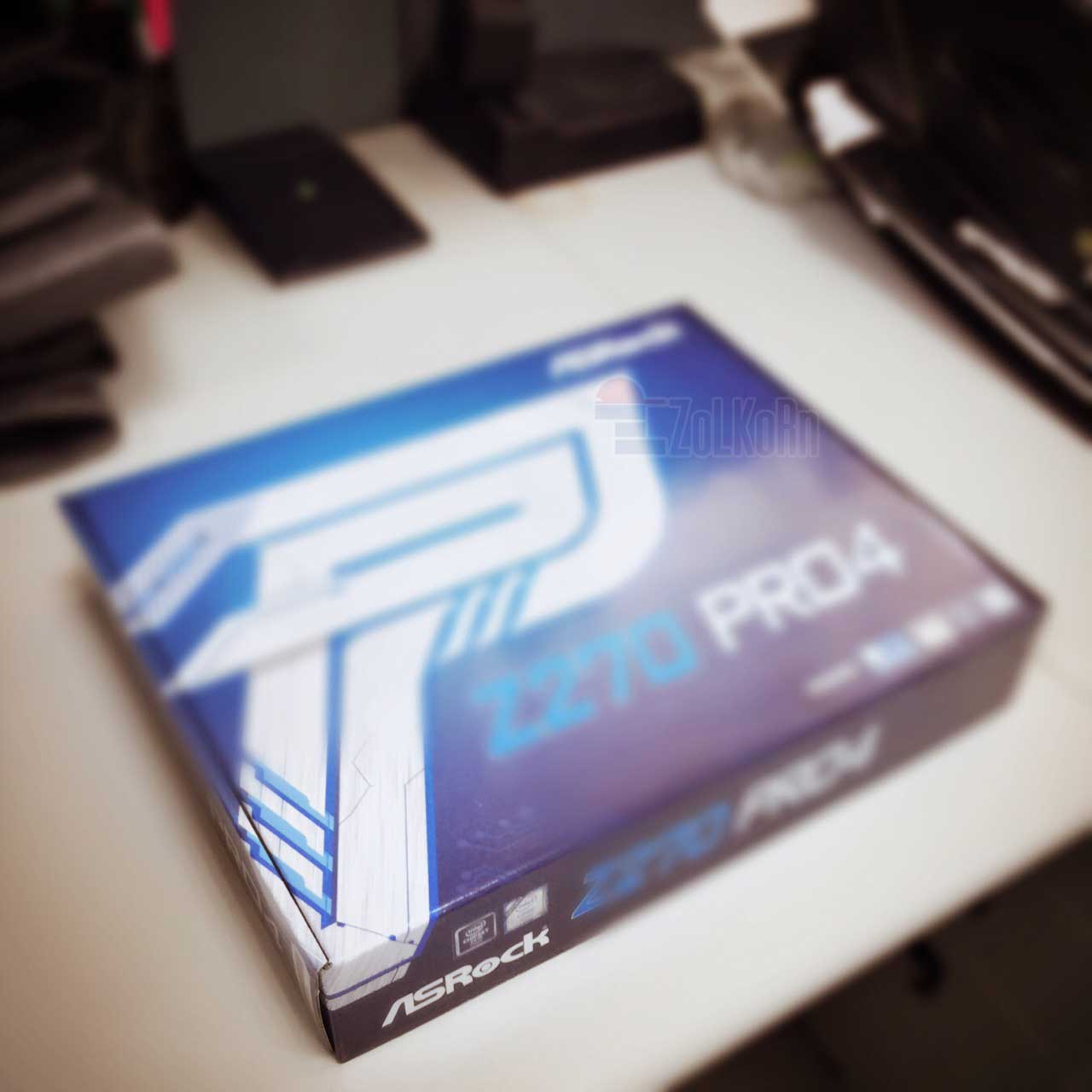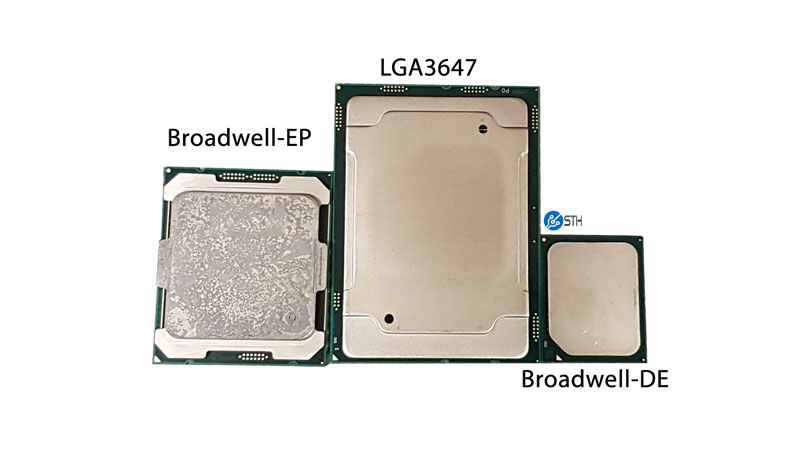WOW. My 6700K @ 4.4GHz gets ~5400 ST. This is running at 5GHz

There are no IPC improvements, it's the same Skylake core.
Then there is of course another perfectly viable explanation that you have ignored since day 1 -- Geekbench is an unreliable synthetic program that has little to do with real world IPC/performance under real world applications; unless of course you think a
4.8Ghz i7 4790K is 23% faster than your 4.4Ghz 6700K.
http://browser.primatelabs.com/geekbench3/5028462
Interesting how under
real world applications that a lot of us use, such as video games, a 4.6Ghz i7 6700K easily beats a 4.9Ghz i7 4790K, often by 10-15%, but yet AppleMarketingBench shows Haswell demolishing Skylake by more than 20% at lower clocks than 4.9Ghz.
The fun just keeps getting better because an iMac Retina powered by a 6700K, that we know cannot be overclocked (much), hits almost
6200 ST under AppleBench. Clearly 7700K or Windows 10 is a failure, right? /s
You also said that 6100 ST is a 5Ghz Skylake, am I right? This guy must be using liquid nitrogen then on his i5-6500 as he achieved almost
6500 points.
The fun doesn't stop. i7-3720QM gets
3542,
3542 and
3543 in ST. In contrast, i7 6700K @ 4.4ghz, according to you scores 5400 points; while others have it all the way up to 6500 points. If we use the low end of 5400 points and adjust it to 4.2Ghz (*4.2/4.4Ghz), we would arrive at a score of 5154 or at least
45.5% faster than an i7-3720QM.
Commonly used x86 programs for comparing CPUs show that 6700K only leads 3720QM by:
3DMark06 = 36% faster (9037 vs. 6642)
Cinebench R10 Single = 38% faster (26040 vs. 18879)
Cinebench R11.5 Single = 34% faster (1.97 vs. 1.47)
So you use Cinebench for comparing IPC of AMD to Intel CPUs in X86 threads and you use AppleMarketingBench to compare Apple's CPUs to various Android opposition, but you never actually bothered to compare and find this discrepancy?
You never even bothered to check how i7 6700K under Mac OSX is getting > 6000 points in stock form on an iMac?
https://browser.primatelabs.com/v4/cpu/343269
The AppleMarketingBench is so much fun, the fun never stops!
Intel Core m7-6Y75 @ 1.30 GHz = 3547 ST score! Oh wait, that's almost the same score that wonderful i7-3720QM got above. But how does it compare under x86 workloads?
Cinebench R11.5 Single 64-bit
3720QM = 1.47
m7-6Y75 = 1.08
http://www.notebookcheck.net/Mobile-Processors-Benchmark-List.2436.0.html
But the fun, the fun just keeps on giving!
AppleMarketingBench shows 3720QM multi-threaded performance only 63% above m7-6Y75 (
11219 vs.
6857), but NotebookCheck estimates that under Windows x86 benchmarks the i7 3720QM is an 80% faster processor overall (93.3% performance rating vs. 51.9%).
http://www.notebookcheck.net/Mobile-Processors-Benchmark-List.2436.0.html
The solution is to use
real world applications, and scrap
all synthetic benchmarks. Unigine, 3DMark, PCMark, GeekBench, SuperPi, PassMark = ALL garbage that tells me little about real world performance in real world applications. All these programs tell me is how well a CPU/GPU runs that particular synthetic benchmark. But of course, considering how well Intel, NV and Apple perform in marketing-driven synthetic junk, you would probably throw a fit if the PC community started to flat out discredit synthetic junk and using real world programs that PC users
actually run after spending $300+ on their CPU.
The propensity to post synthetic benchmarks to compare CPUs & GPUs on a technical PC forum is frankly insulting and should not be acceptable in 2016. It takes 5 minutes of Google to find reviews which compare a
6700 against a 4.6Ghz 6700K in games. We don't need to extrapolate or guess or fantasize how Kaby Lake's clocks speeds will translate (or not) into real world gains by using the erroneous AppleMarketingBench because we
will have real world games and other applications tested by objective professional reviewers. Trying to derive real-world CPU performance from synthetic benchmarks is a waste of time, and is downright insulting to the community that wants to promote objectivity. On the contrary, synthetic benchmarks promote the idea that your CPU/GPU isn't fast enough for real world applications/games, because they try to inherently estimate the performance under those synthetic benchmarks AS IF it's directly transferable to real world scores.
Since by very definition, a
synthetic benchmark does NOT measure
real world performance, and it will
never be able to encompass all the varying code and specific architectural and driver optimizations in real world apps, it has little to no value. Furthermore, unless the synthetic benchmark uses
exactly the game engine/code that will underline 100s-1000s of applications mobile and PC users use, the very nature of it being "synthetic" dictates that it's largely irrelevant.
It's the same reason we can find 100s of games where Skylake beats Sandy/Ivy and Haswell, 100s of games where it's barely faster (or not faster at all), 100s of games where HT hurts 6700K, and 10s of games where HT helps 6700K, etc. The very reason Digital Foundry and various sites such as GameGPU test as many games as they can is BECAUSE performance under real world applications (games) varies. Synthetic benchmarks cannot capture this variance.






